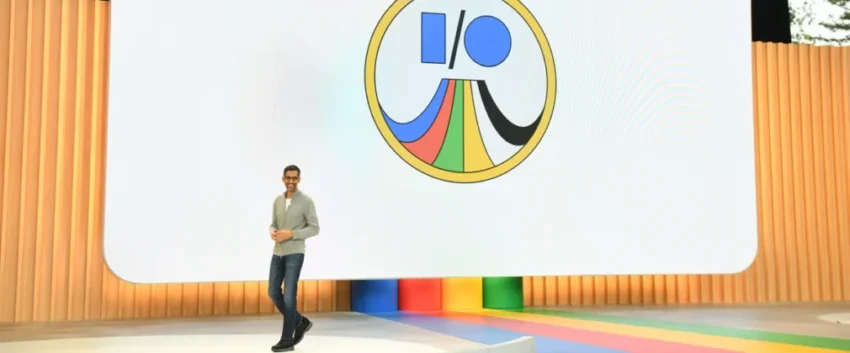
The Trump administration’s latest immigration policy change, requiring a $100,000 fee on H-1B visas, sparked concerns over its potential impact on the tech industry, which greatly benefits from foreign skilled workers from countries such as India and China. But on Tuesday (September 23, 2025), Google’s Senior Vice President James Manyika assured that the new H-1B visa policy won’t disrupt the company and its current employees.
“I think it’s quite important to continue to invest in American and U.S. talent,” Manyika said at The Washington Post Live Global AI Summit. “But it’s no secret for us that the U.S. and companies like ours having access to the best talent, from wherever they are, is a competitive issue we care deeply about.”
Last week, President Donald Trump signed an executive order requiring new applicants approved for the H-1B visa to pay a $100,000 fee. The policy would make it harder for foreigners to obtain legal work permits in the United States, carrying out Trump’s promise to secure jobs for Americans.
The abrupt shift shook up Silicon Valley and sparked confusion for its foreign skilled workers. According to a report released in August by the Department of Homeland Security and U.S. Citizenship and Immigration Services, the tech industry is one of the biggest beneficiaries of the skilled worker program. Tech giants such as Microsoft, Google, Amazon, Apple and Meta are among the top companies employing workers with H-1B visas.
Workers in “computer-related” fields made up 64 percent of approved H-1B visa recipients in 2024. The new policy applies only to new visa applicants. Current H-1B visa holders and renewals won’t be affected.

According to Manyika, Google is staying in close contact with its employees who are H-1B visa holders to make sure they know they won’t be impacted by the policy change. Manyika says the company’s biggest concern surrounding the new policy is maintaining its competitive edge when it comes to hiring talent, domestic or foreign. Google employs more than 4,100 H-1B visa holders, making it the sixth-largest employer of skilled workers with the visa type behind Amazon, Tata Consultancy, Microsoft, Meta and Apple.
“I think that even today the people on H-1B visas for us is a small portion of our talent,” Manyika said. “But for us as a company, I think we’ll work our way through this.”



